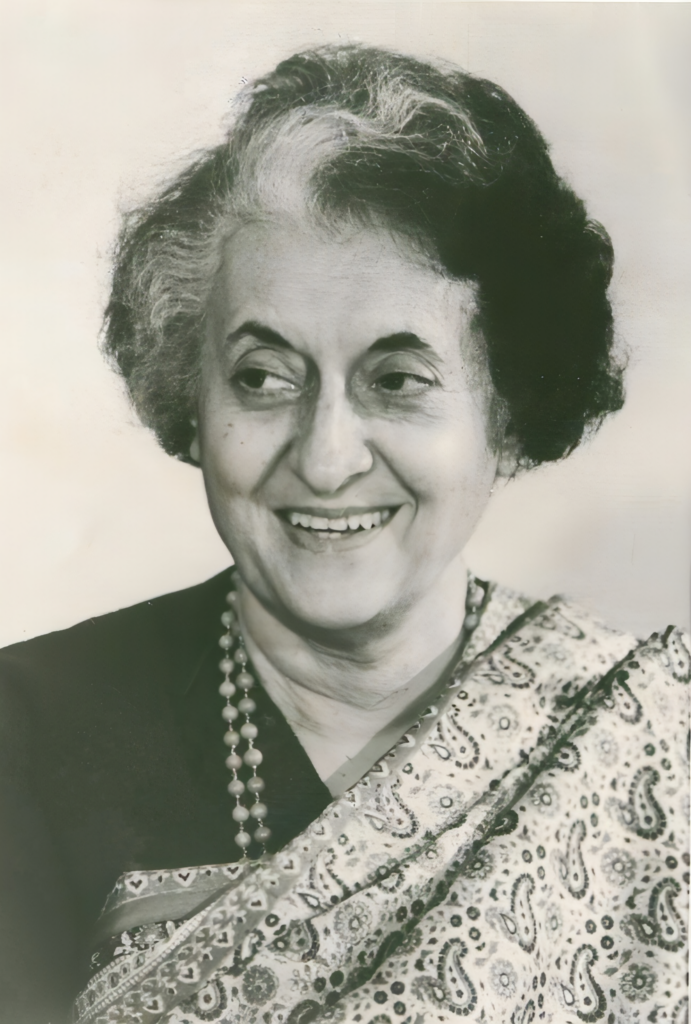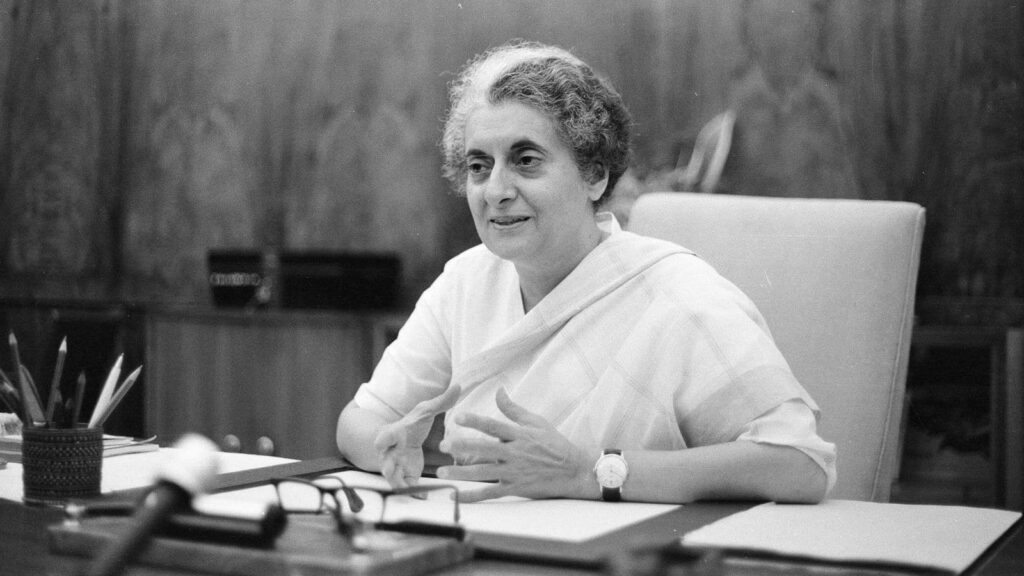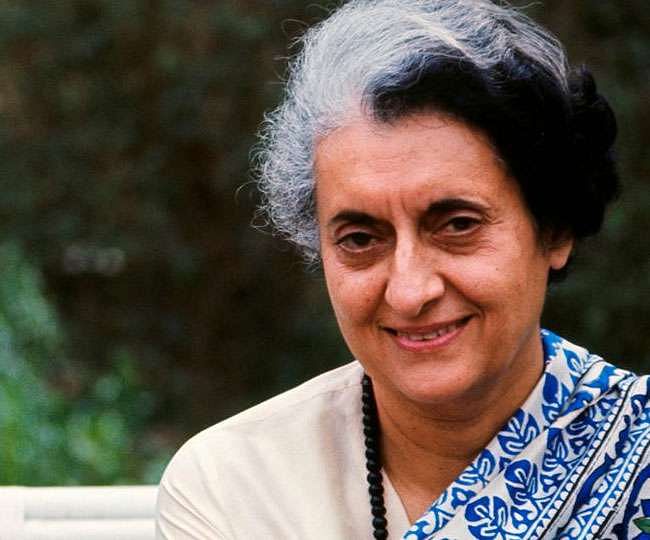Indira Gandhi was born on November 19, 1917, in Allahabad, India, into the prominent Nehru-Gandhi family. She was the only child of Jawaharlal Nehru, India’s first Prime Minister, and Kamala Nehru. Her early years were spent in the political atmosphere of the Indian independence movement, which greatly influenced her later life and career.
IndiraGandhi received her education at schools in India, Switzerland, and England. She went on to study at the University of Oxford, where she met her future husband, Feroze Gandhi, whom she married in 1942. During this time, she became involved in the Indian National Congress party and played an active role in the freedom struggle.

You can read our another post on Devi Subhadra: The Goddess of Love, Compassion, and Devotion
After India gained independence in 1947, IndiraGandhi served as her father’s personal assistant and entered the political arena. She was elected as the President of the Indian National Congress in 1959 and became a Member of Parliament in 1964. In 1966, after the sudden death of Prime Minister Lal Bahadur Shastri, she was appointed as the Prime Minister of India, making her the first female Prime Minister of the country.
As Prime Minister, IndiraGandhi implemented a series of policies aimed at achieving social and economic development. She introduced the Green Revolution, which aimed to increase agricultural productivity, reduce poverty, and improve food security. She also nationalized banks and abolished the privy purse system, which provided financial support to former princely states.
However, her tenure as Prime Minister was not without controversy. In 1975, she declared a state of emergency, suspending civil liberties and imprisoning political opponents. The emergency was lifted in 1977, and IndiraGandhi called for general elections, which resulted in her party’s defeat. She served as the Leader of the Opposition until 1980 when she was re-elected as Prime Minister.
During her second term in office, Indira Gandhi faced several challenges, including rising tensions with the Sikh community in Punjab. In 1984, she authorized a military operation to remove armed Sikh separatists from the Golden Temple in Amritsar, which resulted in a significant loss of life. Later that year, on October 31, she was assassinated by her Sikh bodyguards in retaliation for the operation.

IndiraGandhi’s legacy continues to be a subject of debate in India. While her supporters praise her for her strong leadership and commitment to social justice, her critics point to her authoritarian tendencies and the human rights violations committed during the emergency. Despite these controversies, she remains a revered figure in Indian politics and is remembered as a trailblazer for women in positions of power.
FAQ For Biography Of Indira Gandhi
Who was Indira Gandhi?
Indira Gandhi was the first female Prime Minister of India. She served as Prime Minister from 1966 to 1977 and then again from 1980 until her assassination in 1984.
What were some significant contributions of Indira Gandhi?
Indira Gandhi was known for her strong leadership during difficult times in India, such as the Bangladesh Liberation War in 1971. She also initiated social and economic reforms, such as bank nationalization and the Green Revolution.
What were the key challenges Indira Gandhi faced during her time as Prime Minister?
During her time in office, Indira Gandhi faced challenges such as domestic political unrest, including the declaration of Emergency in 1975, and external conflicts like the India-Pakistan war of 1971.
How did Indira Gandhi’s life come to an end?
Indira Gandhi was assassinated on October 31, 1984, by two of her bodyguards in response to her decision to send the Indian military into the Golden Temple in Amritsar to flush out Sikh militants.
What is Indira Gandhi’s legacy?
Indira Gandhi is remembered as a strong and influential leader who played a crucial role in shaping modern India. Her legacy includes her contributions to Indian politics and society, as well as the lasting impact of her policies on the country.
In conclusion, Indira Gandhi was a significant figure in the history of modern India, with a complex legacy that continues to be studied and debated. Her contributions to the country’s development and her role as the first female Prime Minister have made her an enduring symbol of India’s progress and political evolution.

